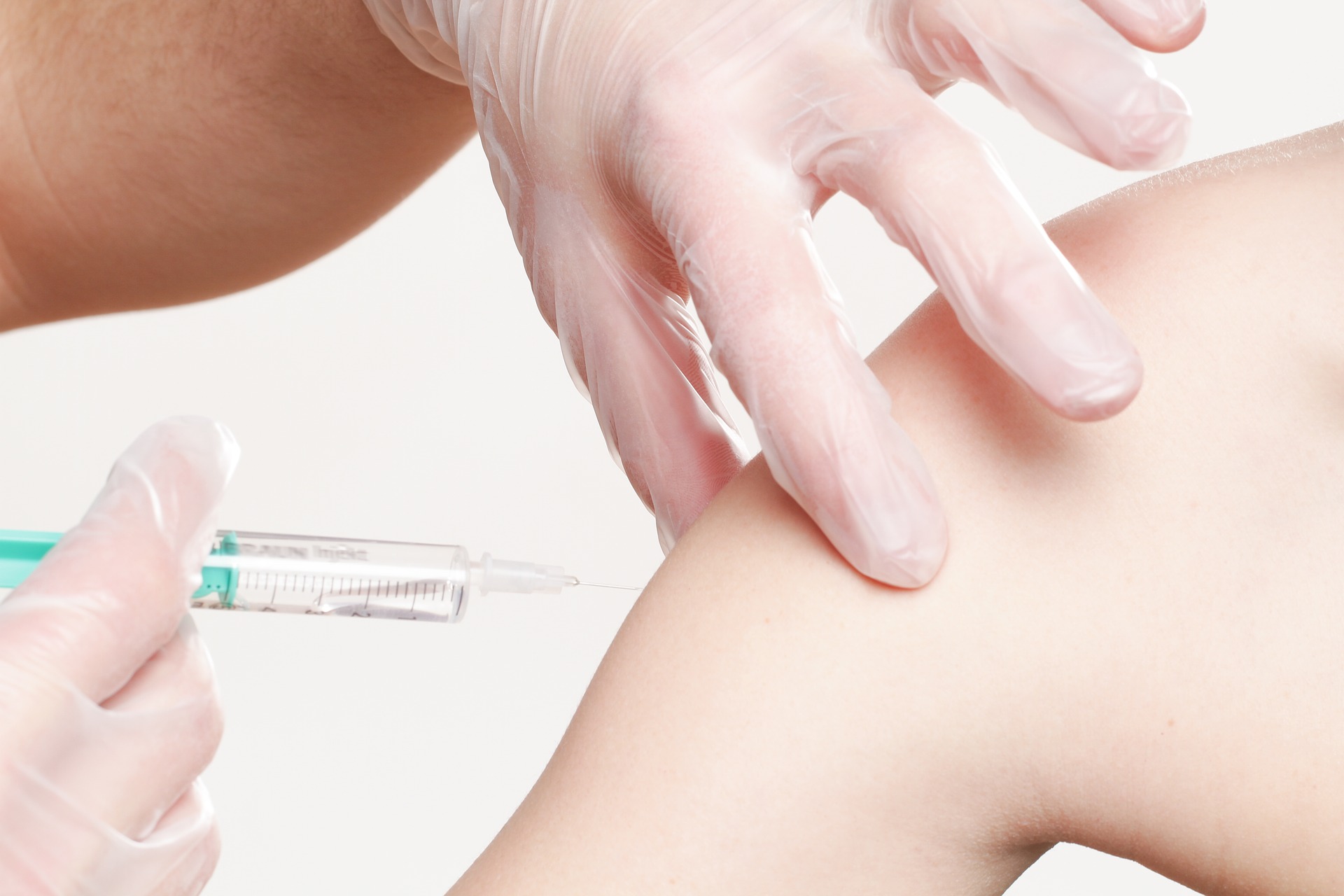Millions of people all over the world have had acne at some point in their lives. Pimples, while not life-threatening, are inconvenient and uncomfortable. They scar the skin as well as increase insecurity in those who suffer from them. A microbe called P. acnes, which naturally lives on human skin and breaks down oils that the skin releases, can reproduce rapidly in response to stress, hormones, or changes in the environment. This triggers inflammation, which influences acne formation. Since P. acnes is linked to acne, a treatment commonly prescribed by doctors is a combination of antibacterial pills and creams that kill the bacteria. However, some bacteria may be resistant and continue to reproduce. A new treatment in the form of a vaccine aims to get to the root of the problem.
Image source: Halfdark
Researchers from the University of California, San Diego, decided to focus their efforts on the Christie-Atkins-Munch-Petersen factor (CAMP factor), which is produced by the P. acnes bacteria. In a previous study, they had studied the bacteria and its response to various compounds in-depth and had concluded that CAMP factor was a viable avenue of study. They injected mice with two different types of P. acnes; one version produced CAMP factor, while the other was a mutated type that did not. Researchers found that when the mutated bacteria were introduced into the mice, they experienced less swelling around the injected area than the mice injected with the normal P. acnes. When mutated CAMP factor vaccine was injected into a mouse that had already received an injection of inflammatory P. acnes, researchers found decreased swelling. Though this topic is still in its infancy, the difference in swelling is an encouraging sign, showing that CAMP factor vaccines are a possible direction for future research.
Image source: Jamie Grill
Though this study showed that CAMP factor may be linked to decreased acne-related swelling, it can also cause cells to self-destruct, resulting in an immune system response that may exacerbate inflammation. Thus, further development and refinement of the mutated CAMP factor is necessary, as to not cause further harm to the recipient of the vaccine. In addition, the study was conducted only in mice, and further trials are necessary to understand if CAMP factor will behave the same way on human acne. Nevertheless, the results of this study are a step towards creating a more effective acne treatment for anxious acne sufferers all over the world.
Feature Image Source: Angelo Esslinger










